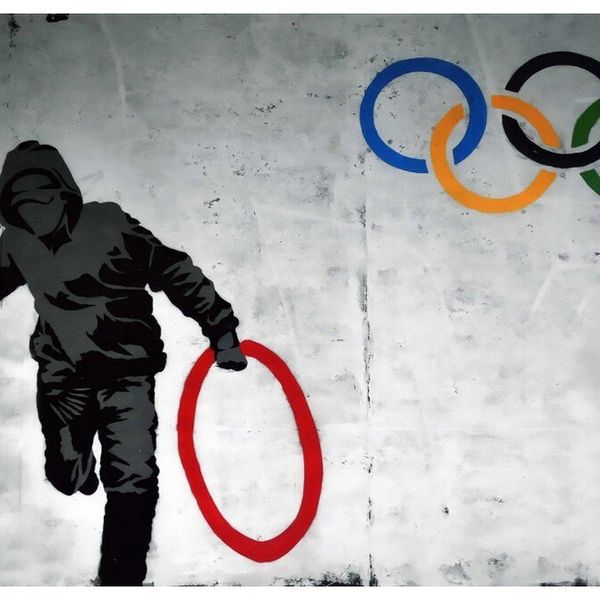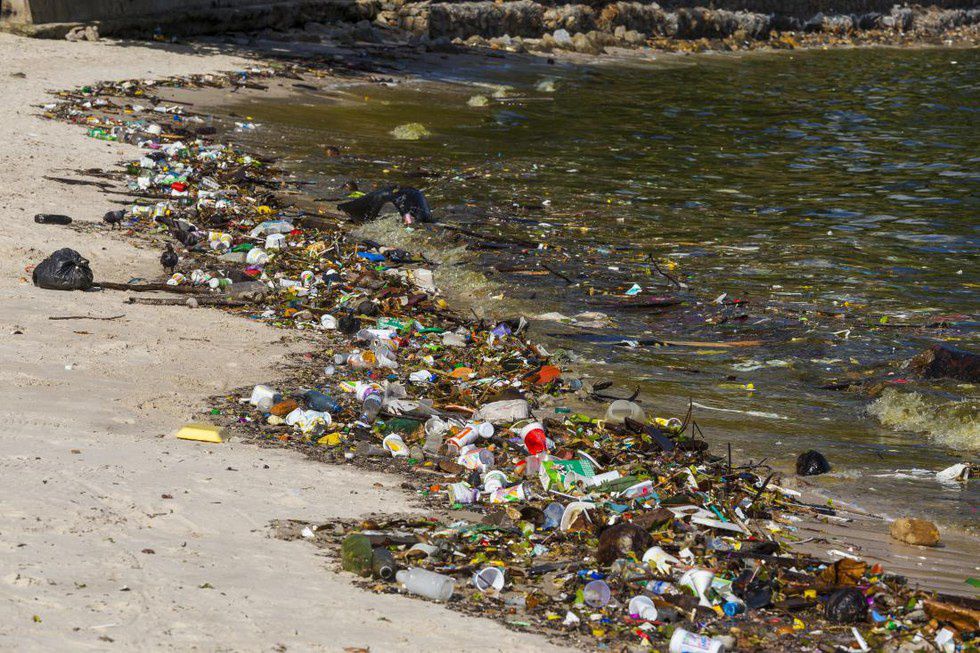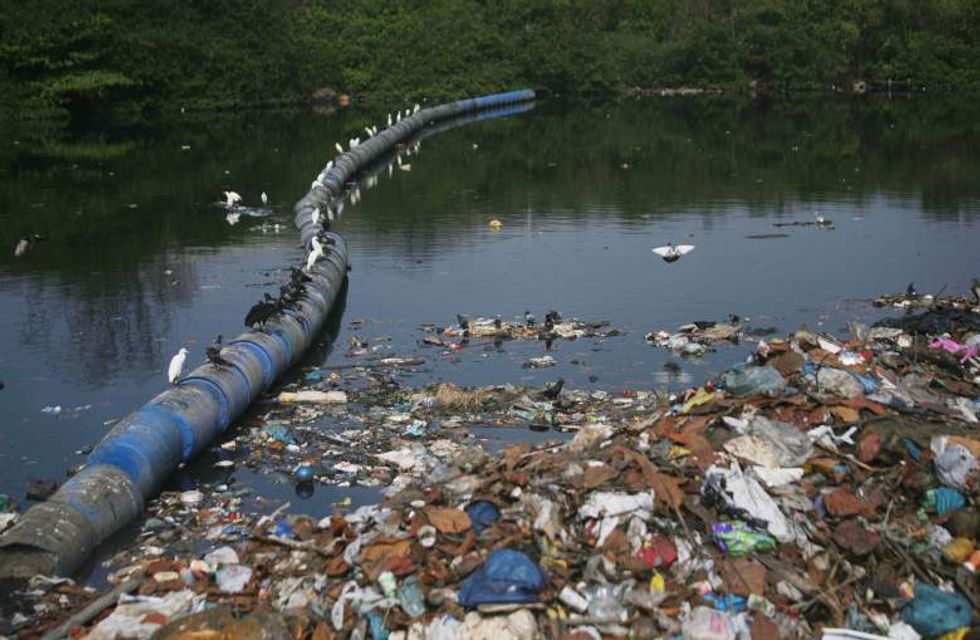The Rio Olympics has faced economic crisis, political corruption, and concerns of crime rates and disease. Now, new reports are revealing that many of the beaches that are set to hold open water races and canoe events are plagued with a drug-resistant “super bacteria”.
The U.S Centers for Disease Control and Prevention classifies the presence of a super bacteria as an urgent public health threat. The super bacteria can cause urinary, gastrointestinal, pulmonary, and bloodstream infections, as well as meningitis. Furthermore, the bacteria has the ability to enter the body, lie dormant, and then attack the body at a later date,
According to an article by Reuters, cleaning the city’s water ways was a “high-profile” promise used by Rio in 2009 to win the host bid, but there have since been no advances in sewerage infrastructure. In fact, the increase in raw sewage flowing into the waters around Rio de Janerio is the reason for the rise to the super bacteria.
“What you have there is basically raw sewage,” said John Griffith, a marine biologist who examined the water. “It’s all the water from the toilets and the showers and whatever people put down their sinks, all mixed up, and it’s going out into the beach waters.”
The Associated Press found that the waters in Guanabara Bay, Copacabana Beach, and the Rodrigo de Freitas Lake are infested with viruses that are “1.7 million times the levels that beaches in Southern California would consider hazardous.”
Rio’s wastewater management can be linked to illnesses associated with “sewage that disproportionately impact the city’s poor”, as Reuters puts it, leaving a population that suffers gastrointestinal and respiratory problems, Hepatitis A, and heart and brain conditions.
These reports pose great concerns for the Rio Olympics. Also citing the threats of the Zika outbreak, health experts, including a former White House science adviser, are urging the World Health Organization to consider moving or postponing the Games. WHO has already advised pregnant women not to travel to Rio and warns other travelers to avoid poor and densely populated areas, but will not recommend for the Olympics to be moved or postponed.
As far as the super bacteria is concerned, officials are still investigating how it will affect the Games. With the Games set to begin August 5th, Rio officials are under pressure to solve a long list of problems that seem to be never-ending.
For more information on the struggles of the Rio Olympics:























